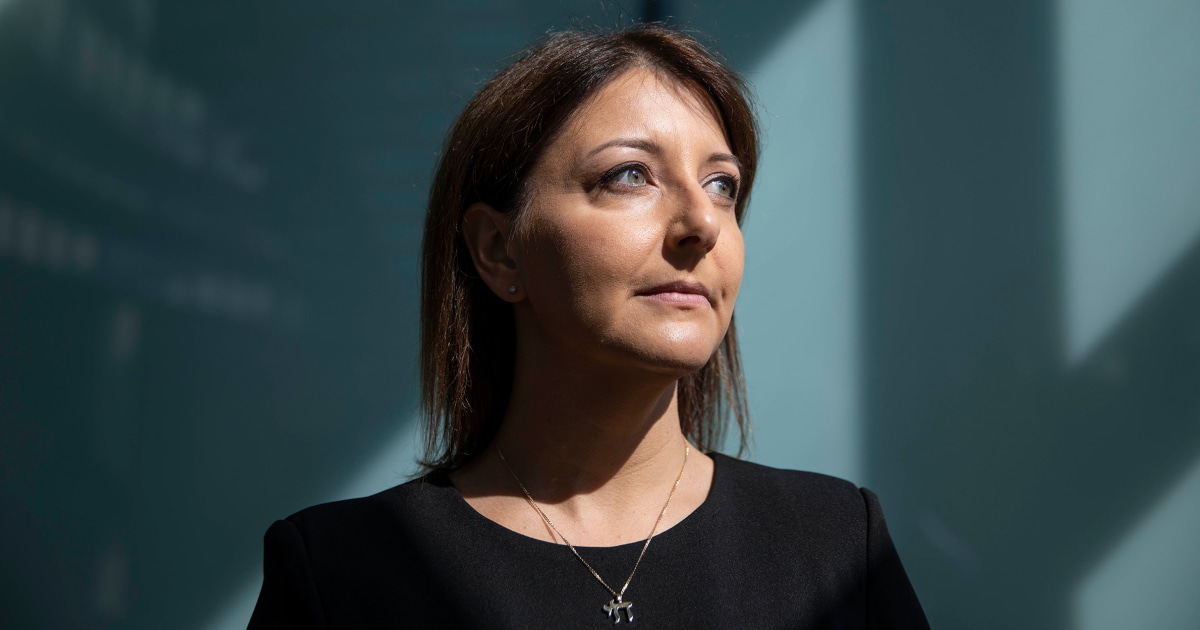
Winter officially begins Thursday, and with the cold season comes an expected rise in rates of flu and Covid, said Dr. Mandy Cohen, the director of the Centers for Disease Control and Prevention.
The U.S. is seeing a “sharp increase” in flu levels right now, particularly in the south, Cohen said Wednesday in an interview. Covid cases also appear to be climbing nationally, she said, while cases of respiratory syncytial virus, or RSV, seem to have reached their highest point this season.
“We’re seeing RSV peak a bit sooner, but we do not believe we’re near yet at the peak of flu or Covid,” Cohen said.
As of Dec. 9, the weekly number of positive RSV tests in the U.S. had fallen around 16% compared to the previous week.
The pattern is different from that of last year, Cohen said, when the three viruses “all seemed to peak around the same time.”
After an early start in October 2022, flu infection rates topped off in late November and early December. RSV infections similarly peaked in November, even though rates typically peak in the winter.
A dramatic spike in severe RSV illnesses overwhelmed children’s hospitals last year, most likely because many babies born during the pandemic weren’t exposed to RSV in their first year or two of life because of masking and social distancing.
But this year, Cohen said, “we’re not seeing any strains generally on our pediatric hospitals, so we think that this is a more typical season of RSV.”
Covid infections also look similar this season compared to last, she added.
“Covid is causing the most hospitalizations and deaths of all the viruses, but it’s not seeming to be more severe than what we were seeing last year at this time, which is good news,” Cohen said.
However, the JN.1 variant — which accounts for around 21% of Covid cases nationally — could accelerate the virus’ spread. Cohen said the variant appears to be more transmissible than other circulating strains, though vaccines should still offer good protection.
“That’s exactly why we want folks to get the updated Covid vaccine, because it does map to the changes that we’re seeing in the virus,” she said.
The CDC sent an alert last week warning health care providers about low vaccination rates for Covid, flu and RSV.
Around 18% of adults and 8% of children ages 6 months and up have received updated Covid shots, which have been available since September and target a variant called XBB.1.5. A preprint study that hasn’t been peer-reviewed suggests the updated mRNA vaccines from Moderna and Pfizer boost antibody protection against JN.1, as well.
This year’s flu shot, similarly, seems to be a good match for circulating strains: It reduced the risk of flu hospitalizations by 52% in the Southern Hemisphere, according to a CDC report.
So far this year, the CDC estimates that 42% of adults and 43% of children have gotten flu shots, compared with 47% of adults and 57% of children vaccinated during the previous flu season.
Cohen said she made sure her own children, ages 9 and 11, got their Covid and flu shots.
RSV vaccines, meanwhile, are new this year, and only two groups — pregnant people and adults ages 60 and up — are eligible. The virus is typically mild in young, healthy adults, but babies under 6 months old are particularly vulnerable to severe outcomes, so the shot for pregnant people is meant to transfer antibodies through the placenta.
Just 17% of older adults had gotten RSV shots as of Dec. 9, according to the CDC. Data isn’t available for pregnant people, some of whom have reported issues getting the shot covered by insurance or finding it via pharmacies or doctors’ offices.
The FDA has also approved an injectable RSV drug for infants called nirsevimab, but the CDC reported a supply shortage in October. The companies behind the drug made an additional 77,000 doses available in November, and 230,000 more doses are expected to become available in January.
As far as holiday travel and gatherings are concerned, Cohen said people should consider not only their own infection risk, but also the risks to those they’ll celebrate with.
“Are you going to Christmas with the grandparents? Are you going to be around work colleagues who are fighting cancer?” she said. “Make sure that you as an individual are thinking not just about yourself, but about also who are you around.”

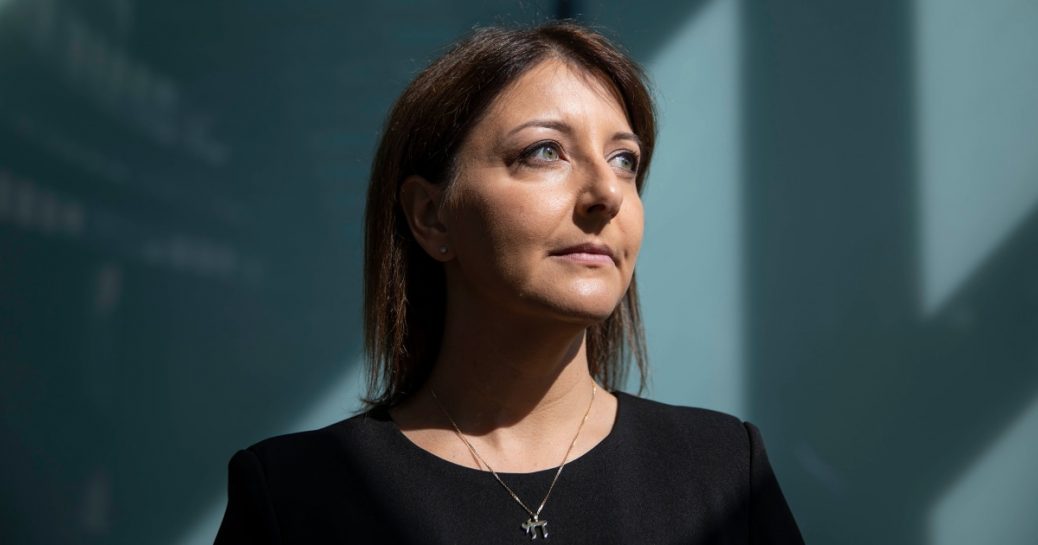
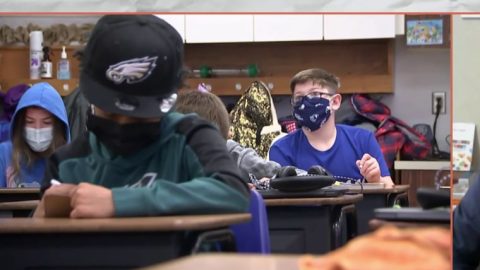
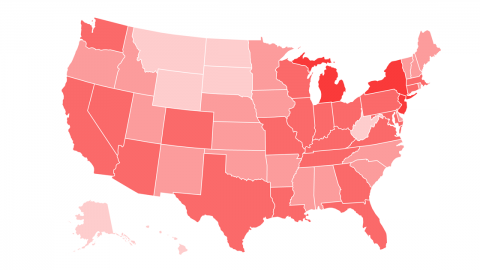

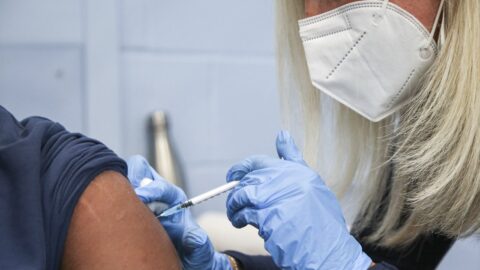
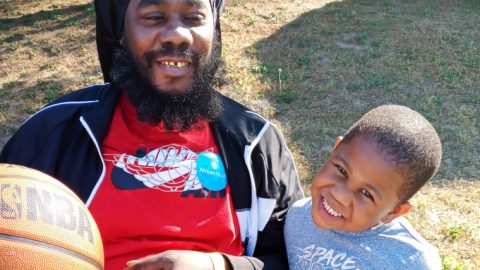
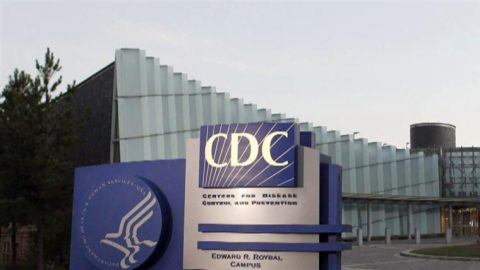


Recent Comments